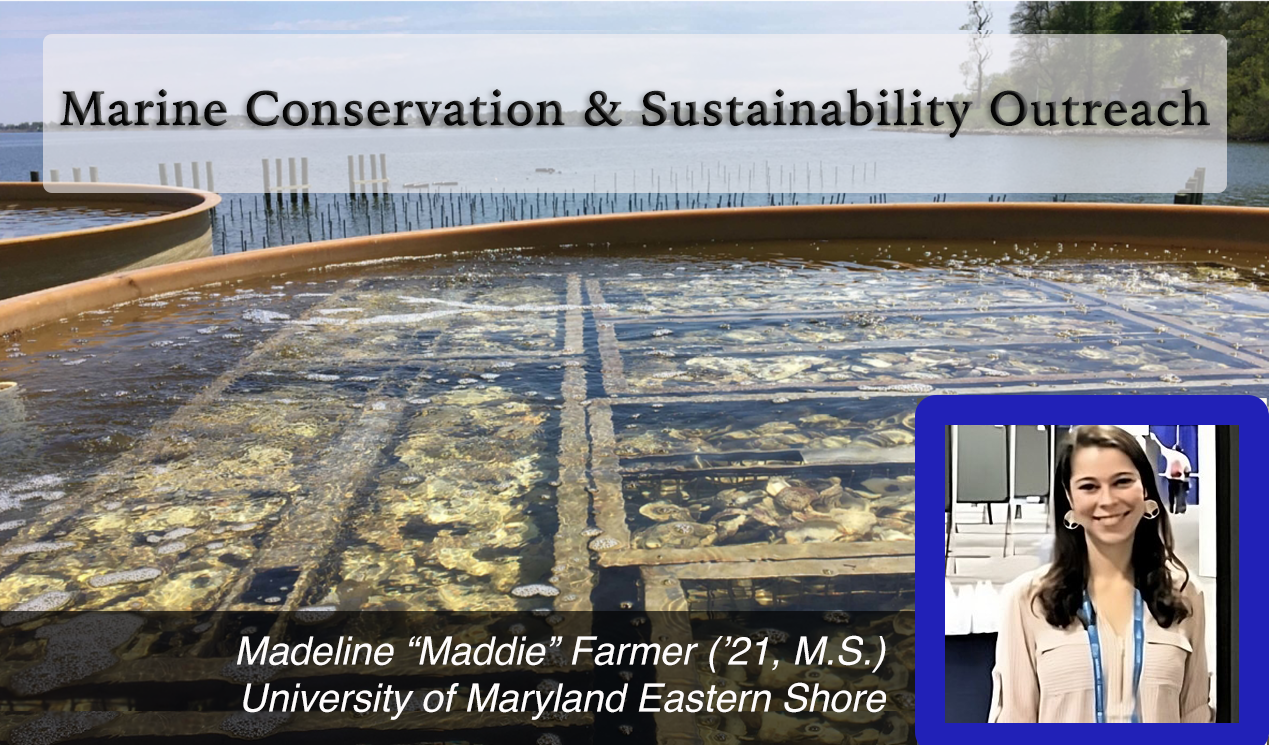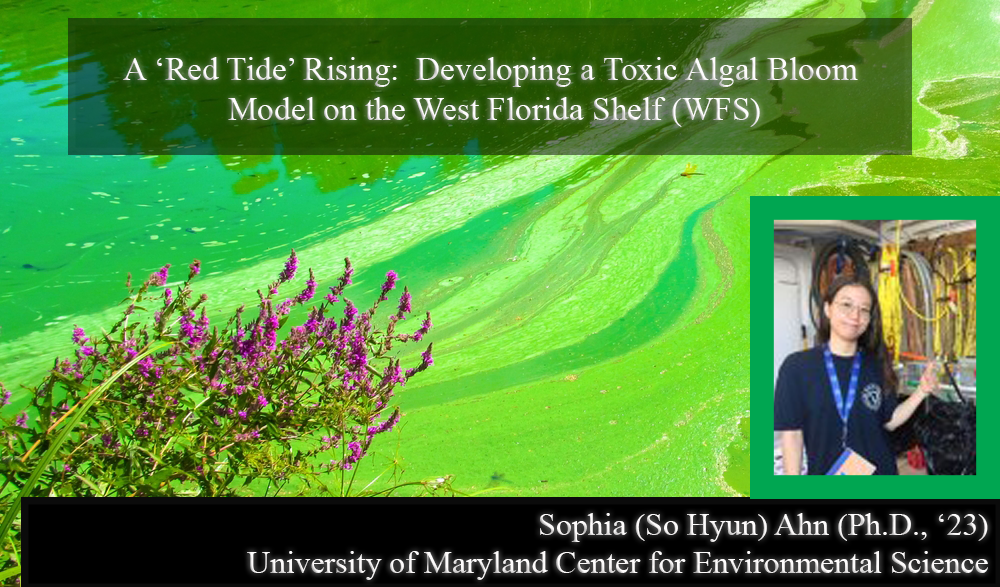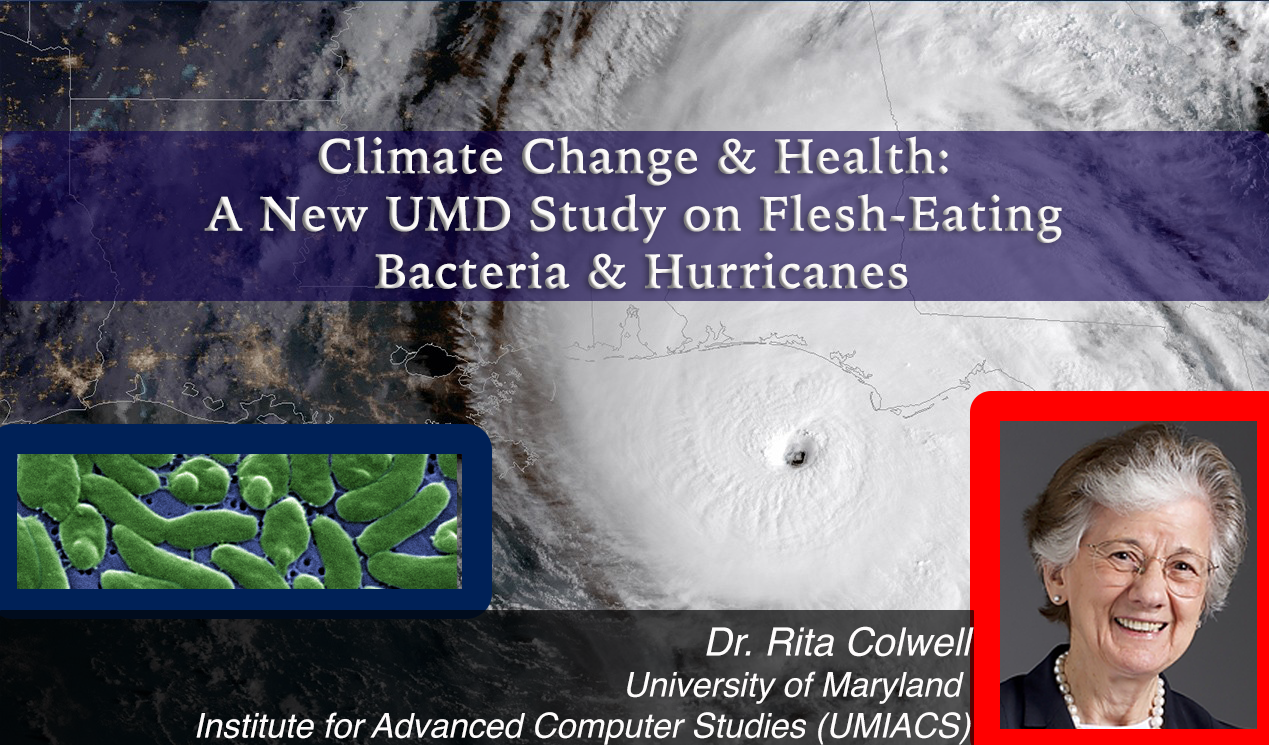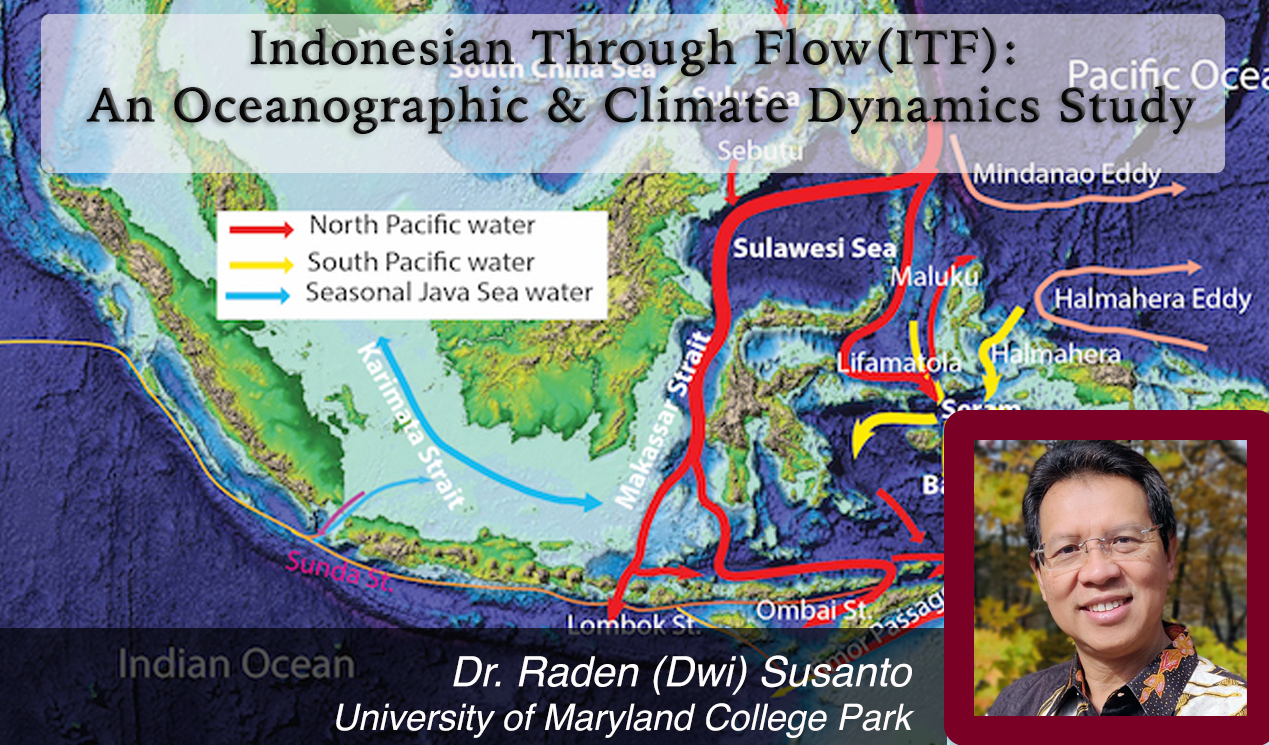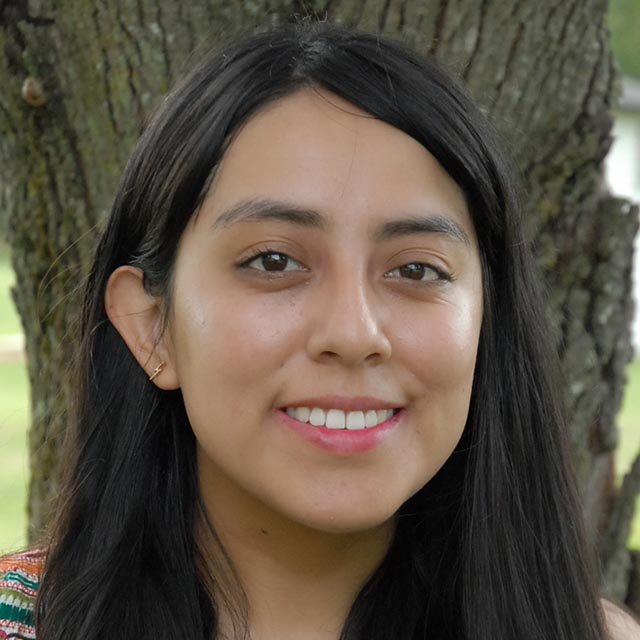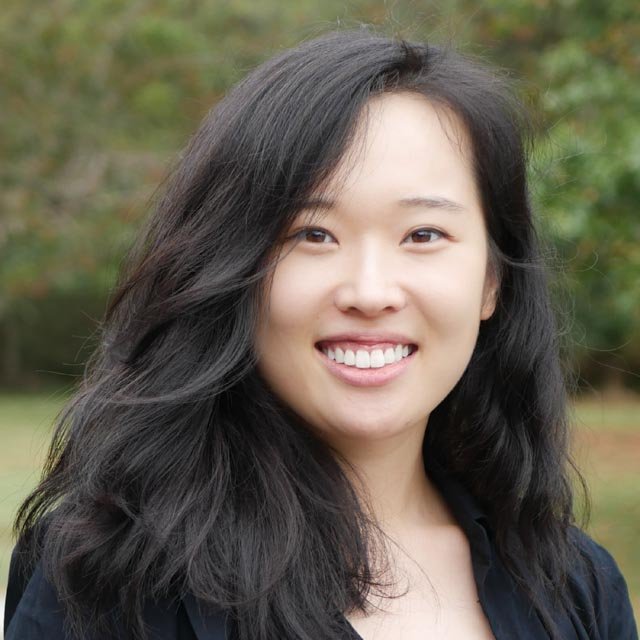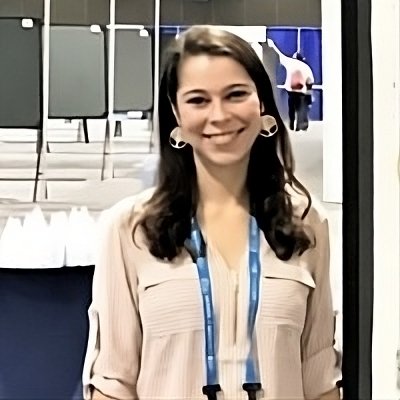CONGRATULATIONS TO OUR 2024 KNAUSS Fellowship Awardees!
Paulina Huanca-Valenzuela Photo Courtesy: UMCES/HPL
Carol Kim Photo Courtesy: NOAA/MSG
Jessica Diaz ( M.S., ‘23) Photo Courtesy: NOAA/MSG
The MEES Graduate Program would like to warmly congratulate our current graduate students and recent alum who were among the awardees of the 2024 John A. Knauss Marine Policy Fellowship program: Paulina Huanca-Valenzuela (Ph.D.) advisor: Dr. Clara Fuchsman (UMCES), Carol Kim (Ph.D) advisor: Dr. Sairah Malkin, co advisor: Dr. Clara Fuchsman (UMCES), and recent Spring 2023 alum Jessica Diaz (M.S., ‘23) who was advised by Dr. Mercedes Burns (UMBC). In the announcement by NOAA, our exceptional MEES alum and current graduate students were among the 85 early-career professionals selected for the Knauss fellowship by the National Oceanic and Atmospheric Administration’s (NOAA) National Sea Grant College Program (Sea Grant). They will join over 1,600 individuals who have participated in the program since its inception in 1979 and will be placed in federal government offices throughout Washington, D.C. The Knauss Fellowship is a one year paid opportunity for current and recent graduates to apply their knowledge and experiences to lasting careers in the sciences, policy and public administration. The MEES Graduate Program is proud of all our current students and alum; this is a well earned recognition of all your hard work! For more information, please click here.
ALUMNI CORNER
MEES RESEARCH CENTER
Sophia (So Hyun) Ahn Photo Courtesy: UMCES/HPL
Sophia (So Hyun) Ahn (‘18, E&O) is a fifth year MEES Ph.D. student at the University of Maryland Center for Environmental Science and is set to graduate this Fall 2023. Advised by Dr. Patricia Glibert, Sophia’s research focuses on examining the toxic algal blooms of Karenia spp., whose blooms occur almost annually in the Gulf of Mexico, especially on the West Florida Shelf (WFS), in order to provide new physiological data in K. brevis, the causative agent of red tide, model development in the WFS.
Madeline Farmer (‘21, M.S.)
Madeline “Maddie” Farmer (‘21, E&O) graduated with a Master’s degree in MEES in Spring 2021 from the University of Maryland Eastern Shore. Advised by Dr. Bradley Stevens, Madeline’s thesis research focused enhancing the eastern oyster population in the Maryland Coastal Bays (MCBs) , specifically through analyzing the spatial and temporal distribution of juvenile Crassostrea virginica, an eastern oyster experiencing a sharp population decline.
Marine Conservation & sustainability outreach
madeline farmer (‘21, M.S.)
Madeline “Maddie” Farmer Photo Courtesy: UMES
Madeline “Maddie” Farmer (‘21, E&O) graduated with a Master’s degree in MEES in Spring 2021 from the University of Maryland Eastern Shore. Advised by Dr. Bradley Stevens, Madeline’s thesis research focused on enhancing the eastern oyster population in the Maryland Coastal Bays (MCBs) , specifically through analyzing the spatial and temporal distribution of juvenile Crassostrea virginica, an eastern oyster experiencing a sharp population decline.
Prior to joining the MEES Graduate Program, Madeline was selected to participate in numerous research internships, including as an undergraduate intern at the highly prestigious and selective Duke University Marine Laboratory NSF funded REU (Research for Undergraduates) program which selects only nine (9) interns out of a pool of over two-hundred (200) candidates. Under the direction of Dr. James Welsh, Associate Professor and Chair of Biology, Madeline’s project involved evaluating the physiology of the fiddler crab, using molecular technique to identify whether chemical cues from adult crabs affect molding frequency and time of fiddler crab megalopae, the final stage in its development. Madeline presented those results as a poster at the Benthic Ecology Meeting in 2017. This experience further fueled Madeline’s passion for marine conservation research and outreach. A National Leadership Honor Society member, Madeline was the recipient of numerous awards for every year at Randolph-Macon College in Ashland, Virginia, where she earned her B.S. in Environmental Studies and a Biology minor in Spring 2017. Madeline was the recipient of the Randolph-Macon College Presidential Award (2013-2017), was on the Dean’s list nearly every semester in the program, and was the Phi Beta Kappa Freshman and Sophomore Award Recipient (2014, 2015). Under the direction of her honors advisor Dr. Michael Davis, Madeline developed and wrote a research proposal on black band coral disease, an infectious disease that is partly responsible for the declining health of the ocean’s coral reefs. While in the MEES Graduate Program at the University of Maryland Eastern Shore, under the advisement of Dr. Bradley Stevens, Madeline continued her exploration of marine biology in her thesis which focused on enhancing the eastern oyster population in the Maryland Coastal Bays (MCBs) , specifically through analyzing the spatial and temporal distribution of juvenile Crassostrea virginica, an eastern oyster experiencing a sharp population decline. Data from 12 sites in the MCB’s and in Wachapreague, Virginia from newly settled oyster larvae were analyzed along with water quality parameters particularly focusing on well-flushed areas that were closest to Ocean City and the Chincoteague inlets. The first recruitment study on MCB oyster larvae, the results provided insight into their spatial and temporal distribution and served as baseline data that can serve as a foundation for future studies in other lagoonal estuaries and be used to inform stakeholders in evaluating oyster restoration projects. Madeline Farmer is currently a Stormwater Technical Specialist with the Lane County Government in Eugene, Oregon. For more information on Madeline, please click here.
Dr. R. Dwi Susanto Photo Courtesy: UMCP/AOSC
INDONesian Through Flow (ITF) : An Oceanographic & Climate Dynamics Study
Dr. R. Dwi Susanto is a Research Professor in the Department of Atmospheric and Oceanic Science (AOSC) at the University of Maryland, College Park. Dr. Susanto’s research focuses on the quantitative study of oceanography in the tropical Indo-Pacific region using in situ observation and remote sensing approaches, including Indonesian throughflow (ITF) monitoring, and ocean renewable energy. Dr. Susanto was recently approved and appointed as a MEES faculty member in the Earth & Ocean Science Foundation by the MEES PC Committee earlier this year in March. In a recent announcement by the AOSC Department, Dr. Susanto was awarded a $.75M NSF grant to monitor Indonesian throughflow, or ITF, which plays an active role in redistributing ocean warming: transporting heat from the Pacific Ocean into the Indian Ocean and beyond. By deploying a series of oceanographic instruments to measure ocean current and water characteristics, Dr. Susanto and a UMD team, in collaboration with a multinational and multidisciplinary team of scientists through an international collaborative program called TRIUMPH, hope to understand the role ITF plays in Earth’s climate system.
Prior to joining the MEES Graduate Program, Dr. Susanto served for over a decade at Columbia University’s Lamont-Doherty Earth Observatory where he was a post-doctoral associate in 1998, and was promoted to Research Scientist (senior member) in 2010. Dr. Susanto holds a Ph.D in Marine Studies from the University of Delaware and a Master of Science in Ocean Engineering from the Massachusetts Institute of Technology (MIT) and a Master’s of Engineering Science from Louisiana State University (LSU). Dr. Susanto's extensive research experience includes serving as Director of Indonesian Research Coordination at the Lamont-Doherty Earth Observatory, Research Scientist for the Government of Indonesia’s Agency for Assessment and Application of Technology (BPPT), in Jakarta, Indonesia, and Adjunct Professor in the Faculty of Fisheries and Marine Sciences at Diponegoro University, and the Faculty of Earth Sciences and Technology at Bandung Institute of Technology. Dr. Susanto is also an Editorial Board Member of Frontiers in Marine Science Journal special issue, the Journal of Coastal Development and the Journal of Remote Sensing. He is also a former member of NASA’s Ocean Salinity Science & Topography Science Team. He serves as one of the Scientific Steering Committees for SIBER (Sustained Indian Ocean Biogeochemistry and Ecosystem Research) and International Indian Ocean Expedition-2 (IIOE-2). For more information on Dr. Susanto, please click here.
Back to Top
MEES RESEARCH CENTER
A ‘RED TIDE’ Rising’: developing a toxic algal bloom model on the West florida shelf
Sophia (So Hyun) Ahn (‘18, E&)) Photo Courtesy: UMCES/HPL
Sophia (So Hyun) Ahn (‘18, E&O) is a fifth year MEES Ph.D. student at the University of Maryland Center for Environmental Science and is set to graduate this Fall 2023. Advised by Dr. Patricia Glibert, Sophia’s research focused on the toxic algal blooms of the mixotrophic dinoflagellate Karenia spp. whose blooms occur almost annually in the Gulf of Mexico, especially on the West Florida Shelf (WFS), causing negative effects on aquatic ecosystems and human health. It aimed to examine the interplay between and factors in Karenia’s photo autotrophic and mixotrophic metabolism, along with the fluctuations in environmental conditions, in order to provide new physiological data in K. brevis, the causative agent of red tide, model development in the WFS.
Prior to joining the MEES Program, Sophia graduated with top honors and earned her Bachelor’s in Oceanography from Pusan National University (South Korea) in Spring 2015, where under her advisor, Dr. Sang Heon Lee, her undergraduate thesis studied the vertical distribution on the biochemical composition of particulate organic matter in the Laptev Sea, a major source of arctic sea ice which is critical as it reflects the sunlight into space, regulates the planet’s temperature and aids in ocean water circulations across the globe. Sophia continued working with Dr. Lee, and went on to earn her Master’s degree in Oceanography from Pusan National University in Spring 2017 where in her Master’s thesis she expanded the research to identify the biochemical compositions of phytoplankton to include the East Siberian Sea. This sparked Sophia’s fascination with the ecological physiology of phytoplankton. Sophia entered the MEES program under the advisement of Dr. Patricia Glibert, to further study the physiology and growth of mixotrophic dinoflagellate, Prorocentrum minimum in an effort to support a predictive model of their occurrence in the Chesapeake Bay. Sophia’s dissertation focused on providing data for models of harmful algal blooms. Her dissertation is entitled, “Interactions between nitrogen and temperature on the metabolism of the red-tide mixotrophic dinoflagellate Karenia spp. in support of predictive models: Implications for bloom dynamics on the West Florida Shelf”. Sophia recently was awarded a post-doctoral fellowship at the Woods Hole Oceanographic Institute. To learn more about Sophia, please click here.
